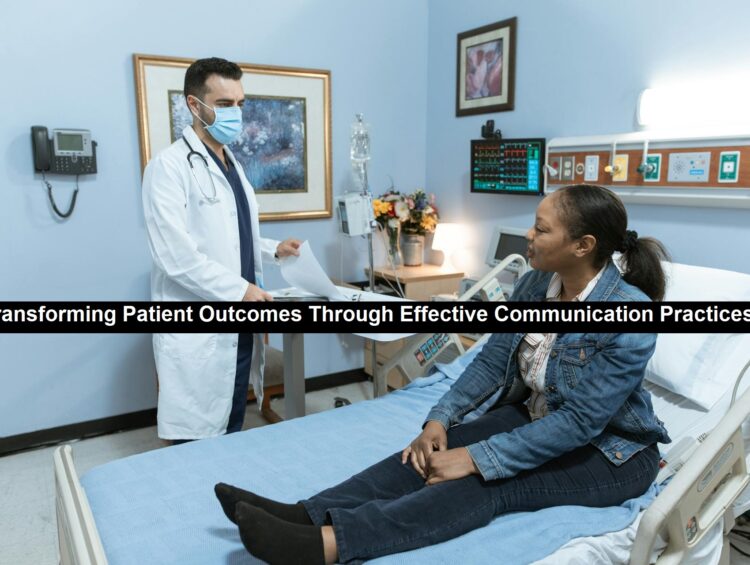Current challenges in the healthcare system highlight the need for better physician-patient communication. Improving this interaction can significantly enhance patient satisfaction and outcomes. This brief explores how medical professionals can refine their communication strategies for better results.
A critical barrier is the widespread lack of health literacy among patients, with only 12% demonstrating a strong grasp of medical information. This deficiency can impede effective communication with providers and negatively impact patient outcomes and self-care practices.
Physicians should prioritize building trust and forming strong relationships with their patients. This starts with eye contact and creating a comfortable environment during the initial meeting. Maintaining empathy and practicing active listening are also crucial. Failure to engage in these practices can lead to patients feeling ignored or uneasy, underscoring the importance of rapport in medical interactions.
Read: Empowering Mind-Body Healing: Harnessing Mediation And Yoga For Cancer Patients
When discussing medical details, attention to tone, word choice, and non-verbal communication is essential. These factors influence how patients perceive their care and understanding. Additionally, having patients repeat information about self-care or medication helps reinforce their comprehension and fosters a stronger relationship.
On an organizational level, improving patient outcomes may involve adjustments such as providing more time for appointments. This helps ensure thorough communication despite high workloads and staffing challenges. Encouraging regular visits can also enhance patient confidence in their ongoing care.
The Importance Of Physician-Patient Communication was contributed by Endicott Call Center, a provider of inbound call center services
For more information on effective physician-patient communication, consult the additional resource provided.





